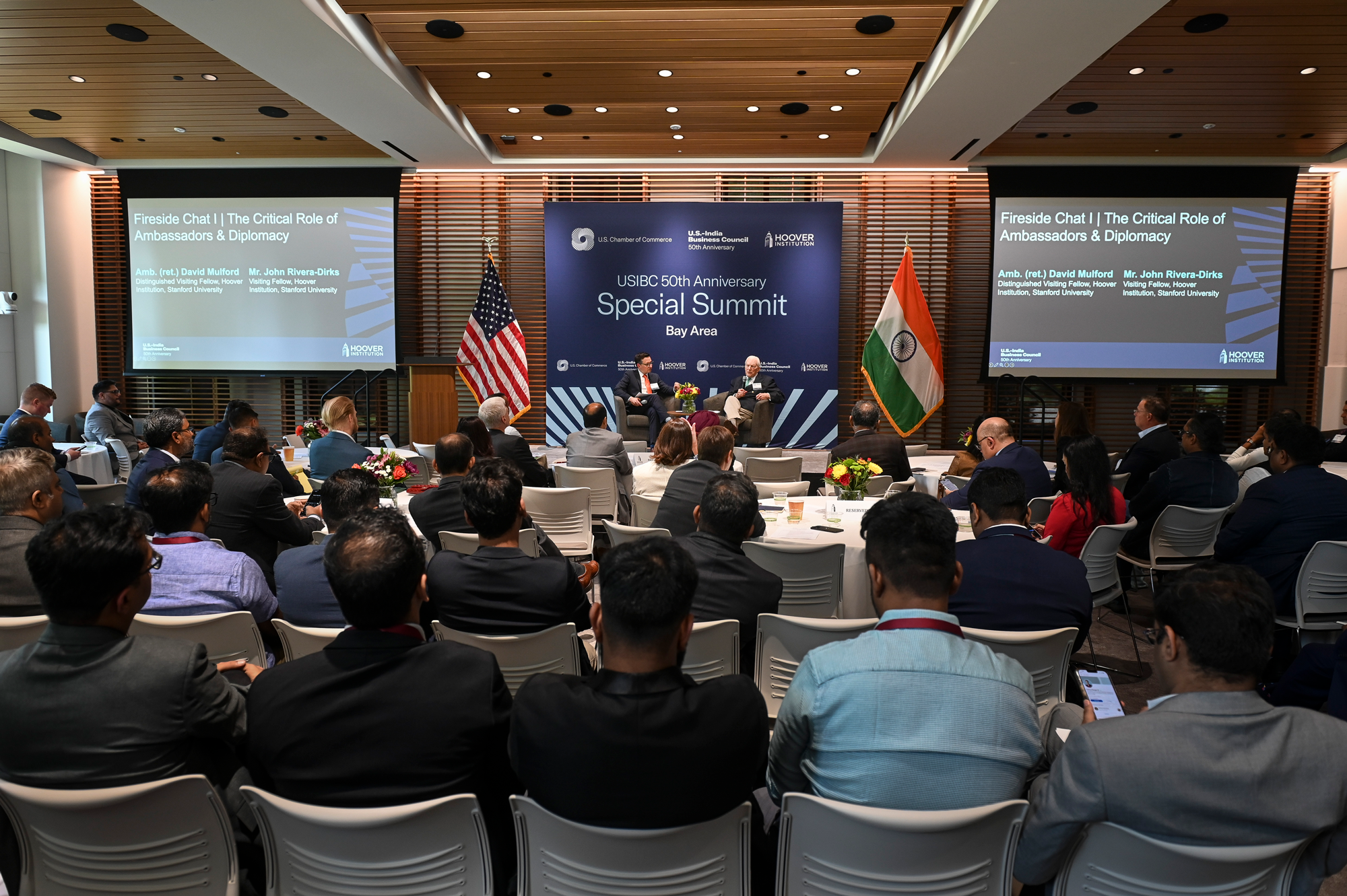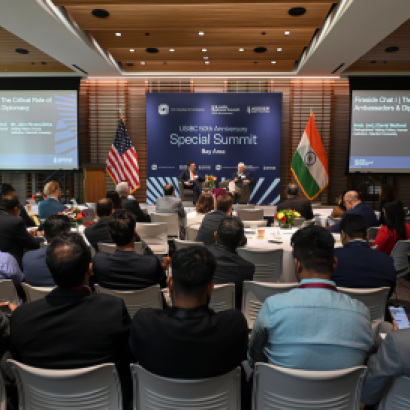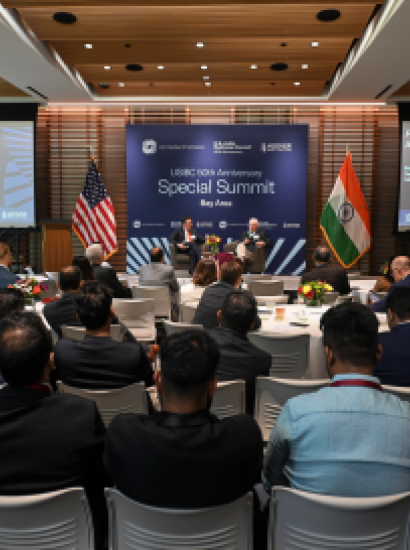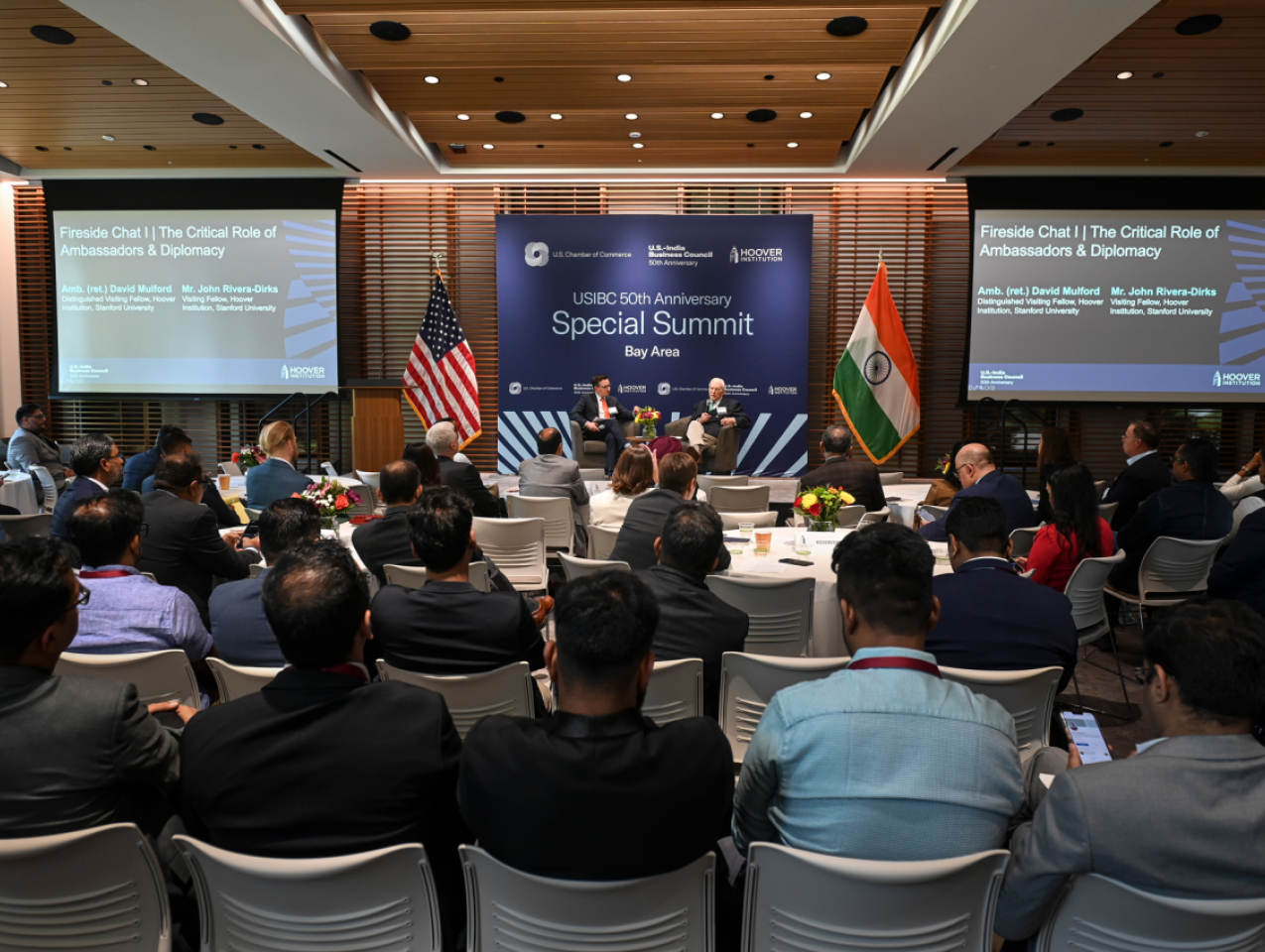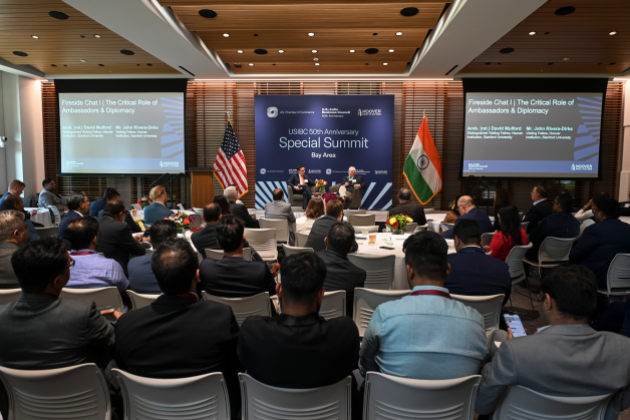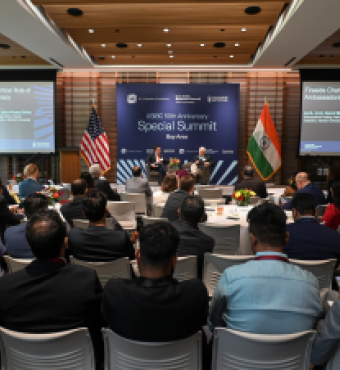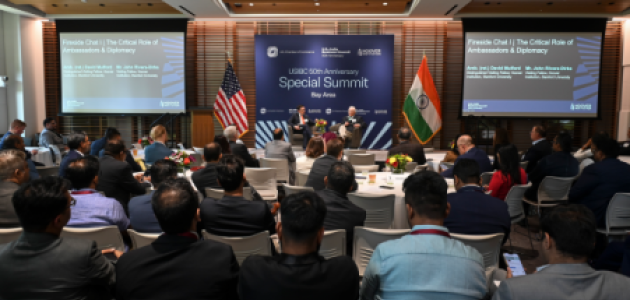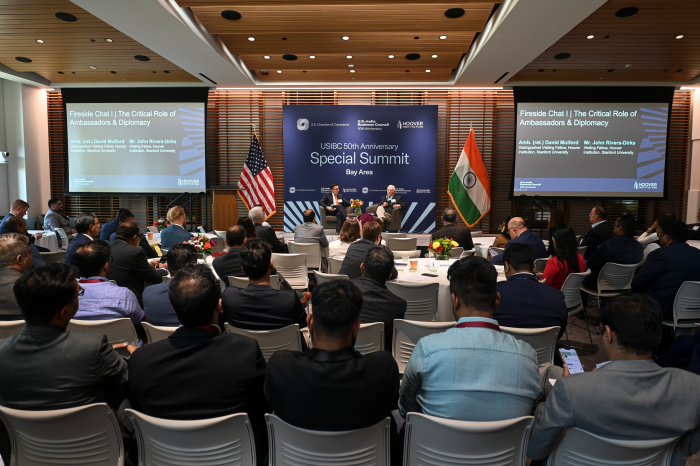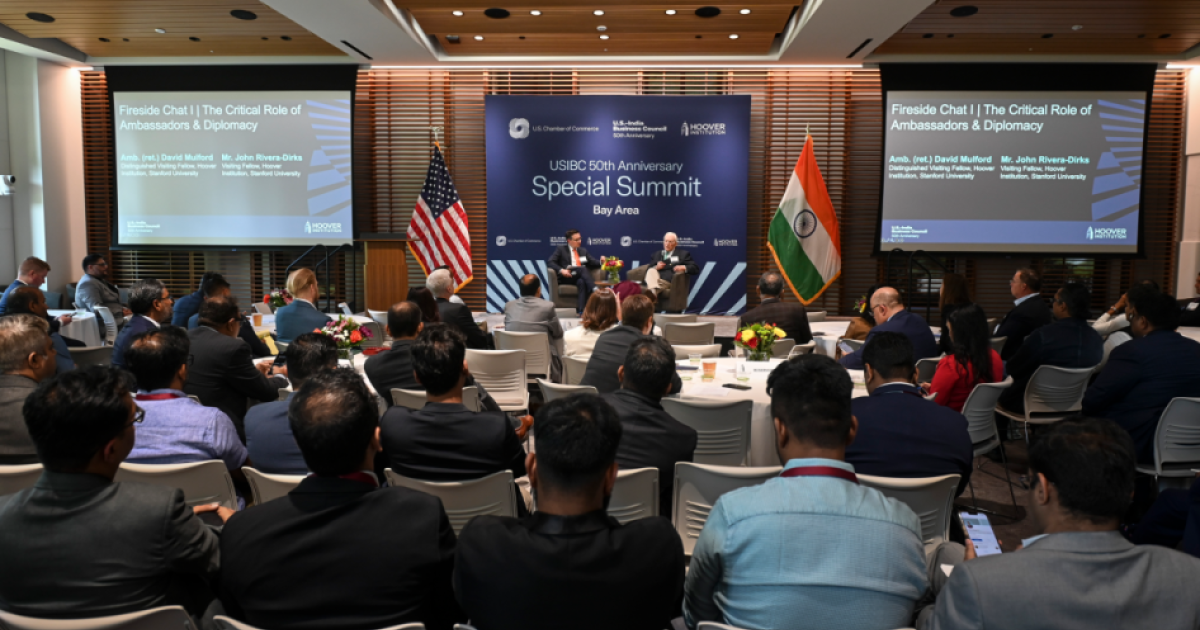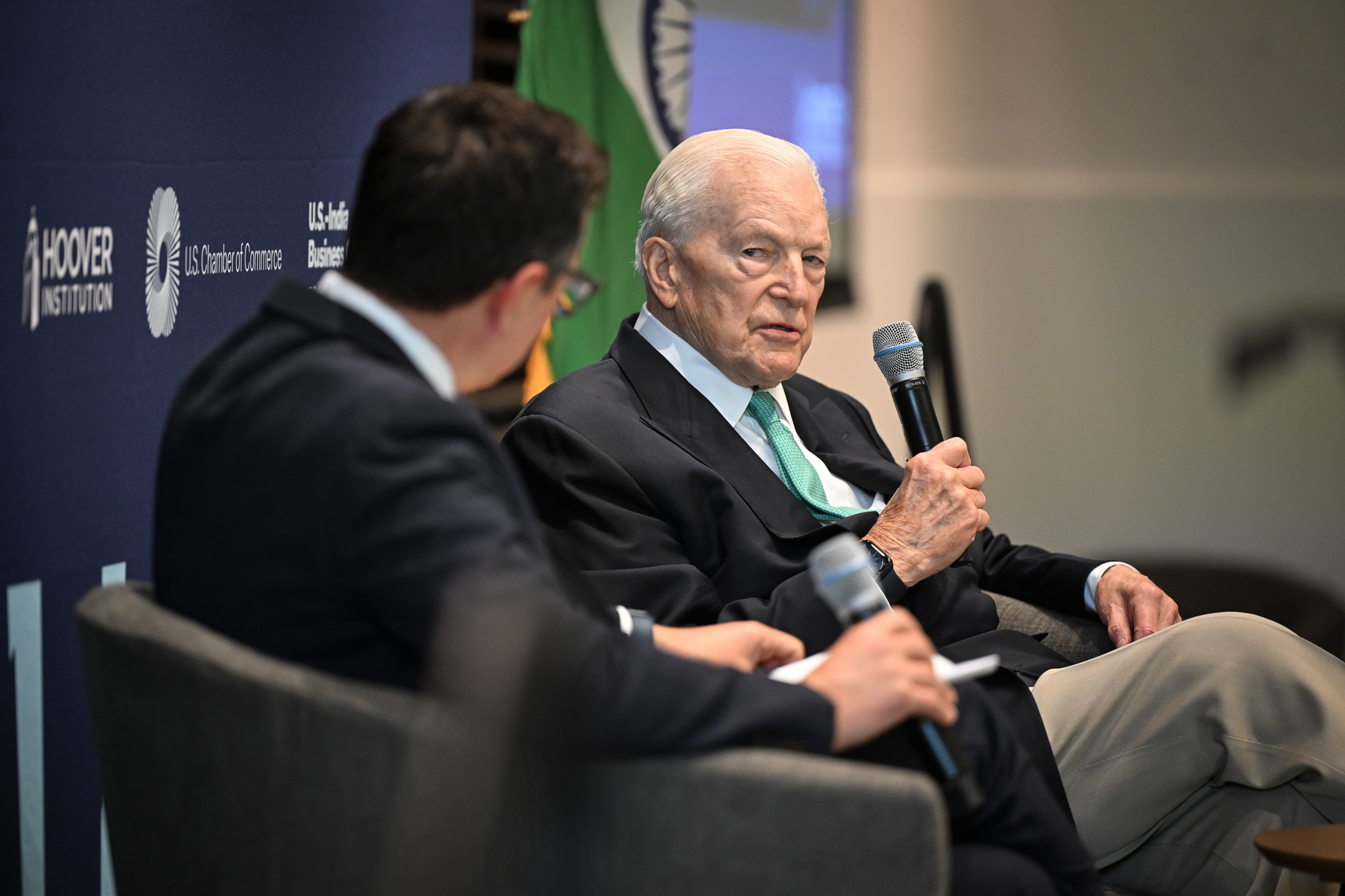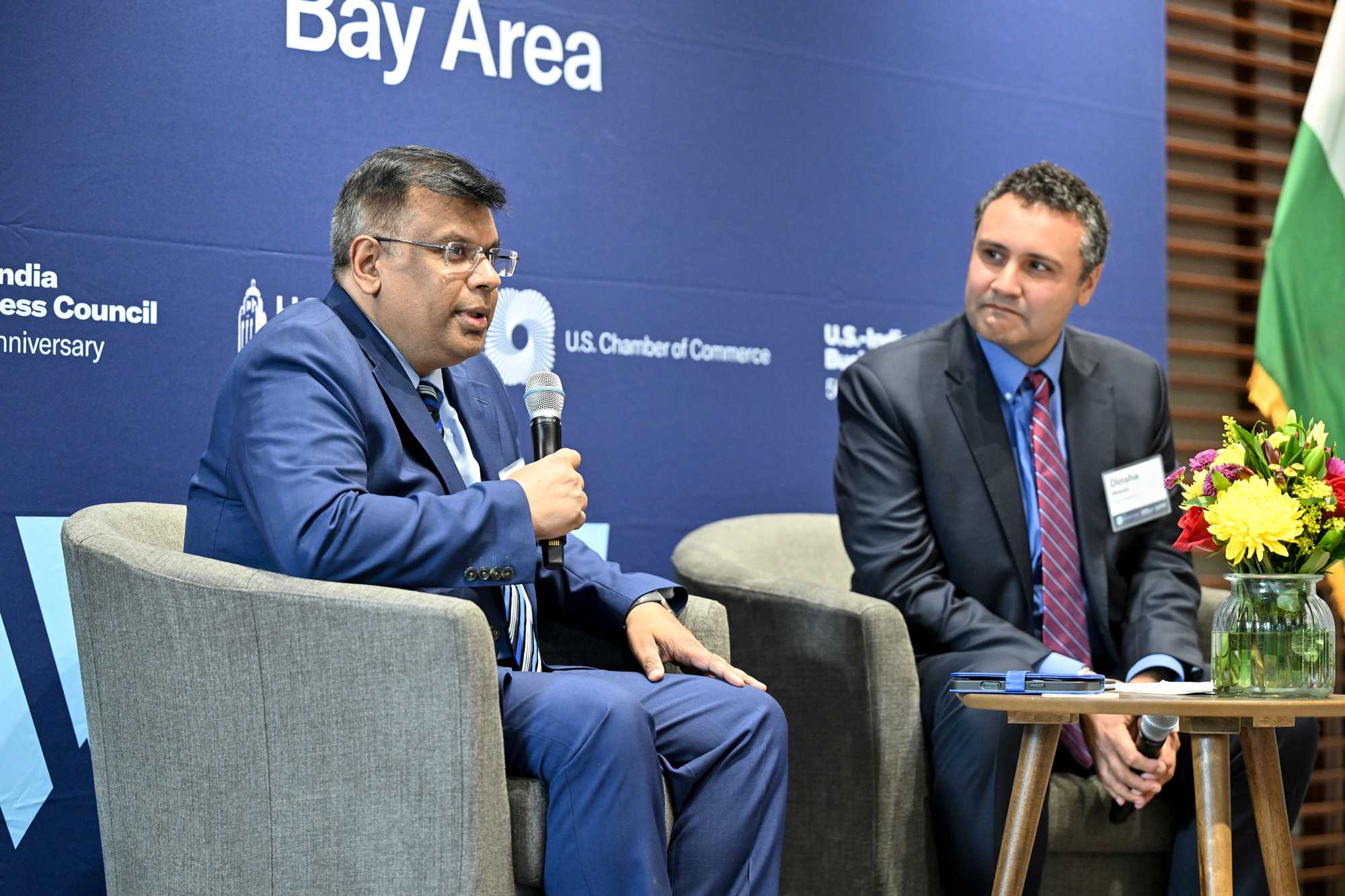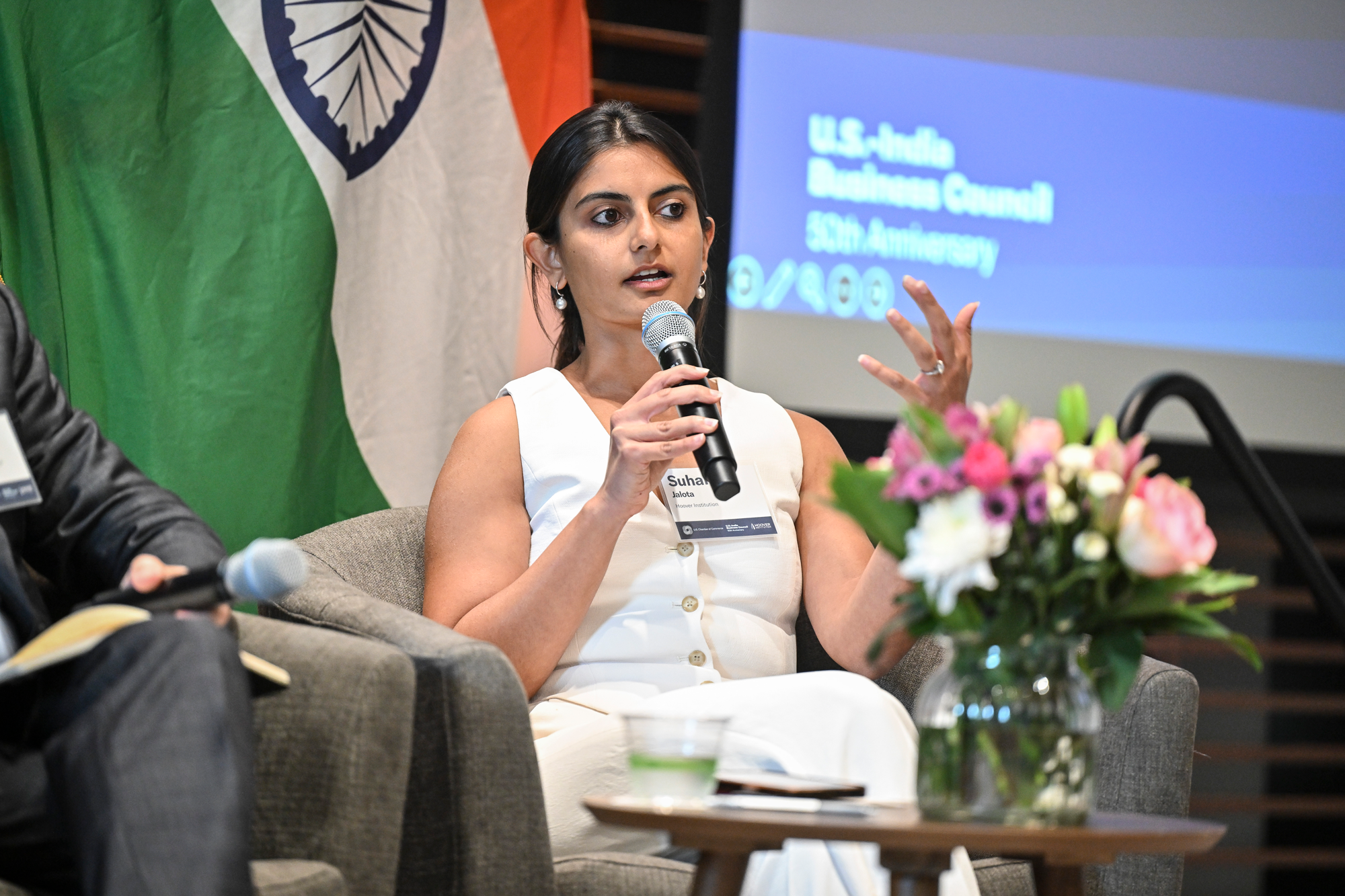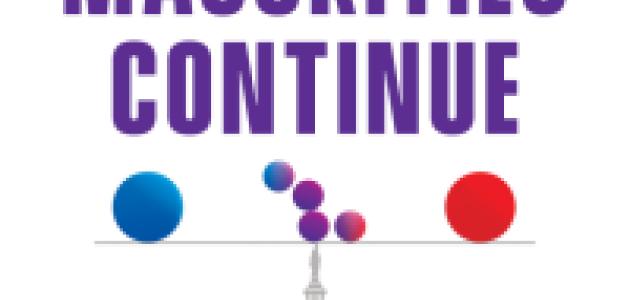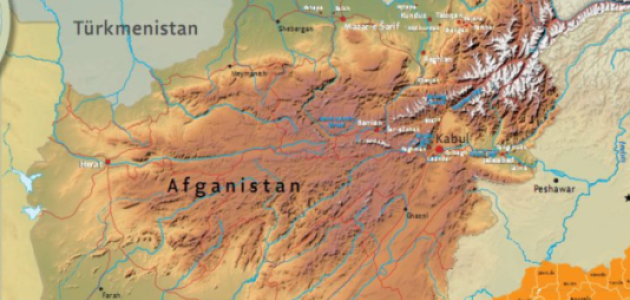Hoover Institution (Stanford, CA) — The relationship between India and the United States is more resilient, dynamic, and mutually beneficial than ever before, Bay Area business leaders said at a recent forum held at the Hoover Institution.
Despite a recent cooling of relations between New Delhi and Washington, members of the US-India Business Council and many Hoover fellows agree the two sides can get beyond the tension of this moment and work to benefit from the growing trade, research, labor, and diaspora ties that bind both nations together.
The gathering at Hoover on September 10, 2025, marked the fiftieth anniversary of the US-India Business Council and brought together Indian and American leaders in Silicon Valley to discuss how far the relationship has come in that time and where it could go next.
Hoover Institution Director Condoleezza Rice said both India and the United States could move beyond their current difficulties and continue building a mutually beneficial relationship.
“Relations between the world’s two biggest democracies matter,” Rice said. “Both governments should do the hard work in private to overcome their differences.” She continued, “Nations all around the world are counting on America and India to usher in a new era of greater freedom through technology that protects citizens’ rights.”
Atul Keshap, President of the US-India Business Council, told attendees that the event could serve both as a means of visualizing the future of the US-India relationship and as a sounding board for ways in which the community could better articulate the benefits of the US-India relationship to audiences in both nations.
Throughout the day, Hoover fellows and business leaders involved in logistics, machine learning, software, and many other fields expressed a desire to forge a “techno-economic bridge” between the two nations, one that could withstand the pressures of change brought about by the global economic realignment under way today.
Participants spoke about how entrepreneurs on both sides of the Indo-Pacific could reorganize ties during a time of disrupted supply chains, capitalize on the rise of AI, and better share research between both nations. They also discussed how India could leverage the growing community of Indian professionals working in places of importance in the United States to increase US-India ties.
The discussion additionally referenced past milestones in the US-India relationship, such as the 2008 ratification of the US-India Civil Nuclear Agreement, and looked into the future, specifically at how the relationship can sustain itself as a rapid reorganization of the global order is now under way.
Despite recent headwinds, the optimistic sentiment in the room was palpable. Belief was strong that Indian and US workers, firms, diplomats, and national security professionals will continue to strengthen ties in favor of a free and open Indo-Pacific, a mutually beneficial trade relationship, and shared benefits of research into new technologies including quantum computing and artificial intelligence.







